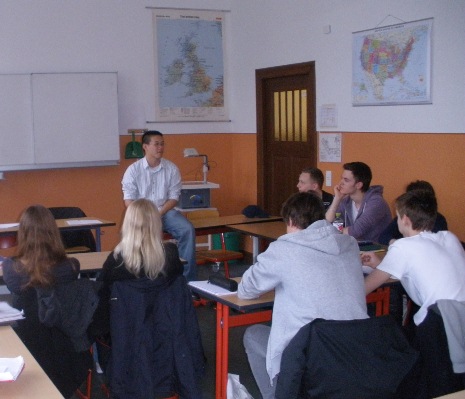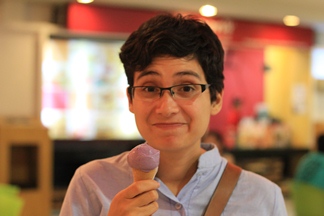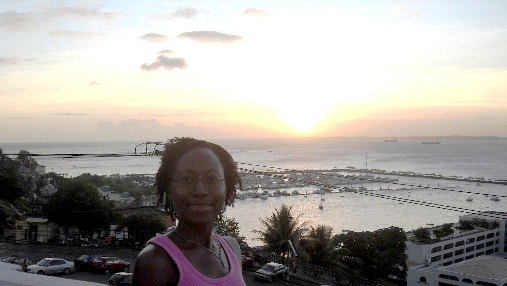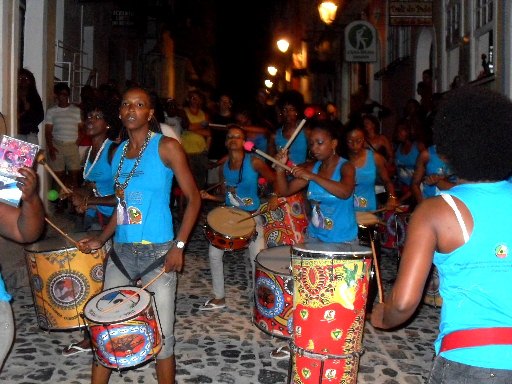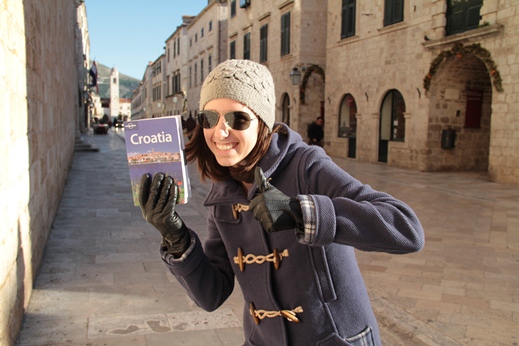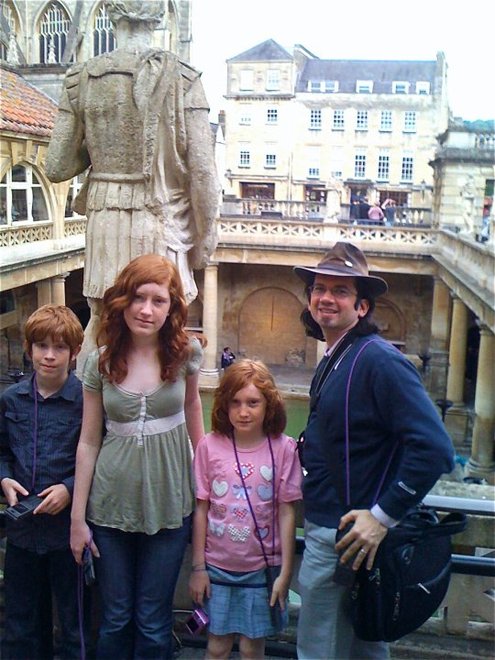
In the spring of 2009, I hit the jackpot.
While in the middle of conducting usability tests for a new payment system at Texas State University, I received an email that my alternate status to go to the United Kingdom as a Fulbright U.S. Student had just been bumped up to principal status.
My initial reaction? Panic!
I bolted from the room to phone my wife. We had agreed earlier that morning to close on a new house and I had just accepted an offer from the Communication Studies doctoral program at the University of Texas. But everything had suddenly changed.
We cancelled the bid on the house, I had to let down Texas, and suddenly, my wife and I had to figure out how to move our three children to Leeds in less than three months.
At least it wasn’t London.
The appeals process for getting the kids into school was tough. The transition from sunny Austin to ever-changing Leeds had a few hiccups. But to this day, all five of us see it as one of the great, best adventures of our lives.
The opportunities we had in the United Kingdom could fill a dozen blog entries. In fact, I wrote 14 while there. However, I’ll stick to some of the highlights.
I came to the United Kingdom to work with Professor Stephen Coleman at the Centre for Digital Citizenship in Leeds. He put me in contact with the fabulous Knowle West Media Centre, a completely green media lab open to the public with sound mixing studios, video and photography equipment, computer labs, and an amazing staff. The KWMC changed my life.
Carolyn Hassan and Penny Evans started out in Knowle West running art projects. They turned those art projects into an eco-friendly multimedia lab with multiple computer studios, a sound mixing booth, photo gallery, and about every other media space one might imagine.
Oh, and they did it to serve one of the most under-represented neighborhoods in Bristol.
For six months Carolyn, Penny, and the very talented and accommodating web maestro Russell Knights, allowed me to assist in the University of Local Knowledge project. The goal was to record 1,000 videos from the Knowle West community of 11,000 people that would allow each resident share and preserve local skills and history. For my part, I built a wiki installation that allowed a handful of community members to come in and record some notes that might eventually lead to ideas for videos. It offered an incredible chance to evaluate digital literacy in a place just alien enough to really push my preconceptions.
They taught me far more than I offered them, but I made up for that slightly by inviting Carolyn and Penny to speak about their amazing work at SXSW this year.
My Fulbright year also included planning two conferences at the University of Leeds, teaching an undergrad usability course, volunteering photography lessons to kids in state care around Leeds, organizing a museum exhibit for that photography and a good number of family escapades. Oh, and the British kindly held an election while we visited.
After my grant, I even started a small business with some fellow UK student scholars. I’m also currently working toward my doctorate at Texas Tech University in Technical Communication and Rhetoric while continuing to research digital engagement.
What’s the secret to such adventures?
Let your research/study project guide you, but remember that your Fulbright grant is a promise to engage communities, and every locale has a wonderfully diverse range of communities wanting to be engaged.
As Cicero said, “The life given us, by nature is short; but the memory of a well-spent life is eternal.”
Photo: Michael Trice, 2010-2011, United Kingdom, on the terrace of the Great Bath in Bath

